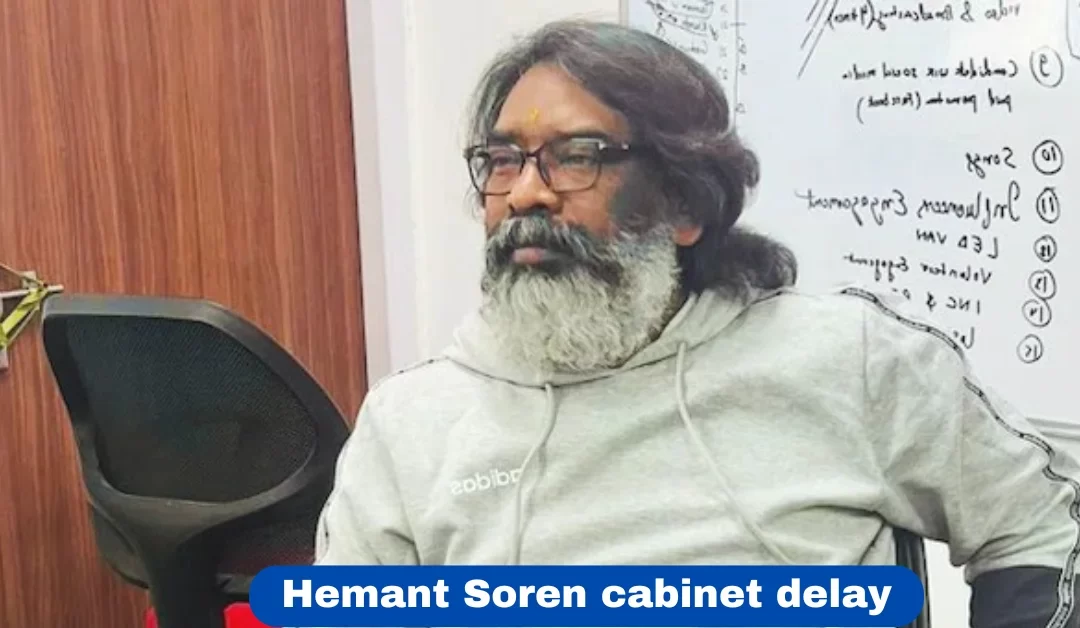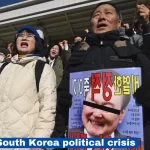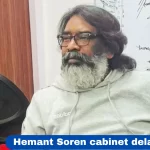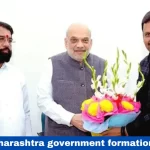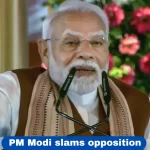Hemant Soren’s Cabinet Challenge in Jharkhand
Chief Minister Hemant Soren faces a tough situation in Jharkhand as he remains the only minister in his government five days after being sworn in. This delay in forming a cabinet has raised questions and sparked speculation about the reasons behind it. Let’s explore the challenges and implications of this situation.
The Current State of Jharkhand’s Government
After Hemant Soren took the oath as Chief Minister on November 28, no progress has been made in expanding the cabinet. Sources suggest that the delay is due to difficulties in distributing ministerial positions among the alliance partners. The ruling coalition comprises three major parties, each with its demands and expectations, making the situation complex.
Seat Distribution: A Key Challenge
The seat-sharing formula for cabinet posts is one of the main reasons for the delay. Here’s how the numbers look:
- Previous Formula for Cabinet Seats
- Last term, each party received one cabinet seat for every four assembly seats they won.
- Congress secured four cabinet berths, the Jharkhand Mukti Morcha (JMM) got seven (including the Chief Minister’s post), and the Rashtriya Janata Dal (RJD) received one seat.
- Current Scenario
- The JMM won 34 seats this time, an increase of four seats compared to the last election.
- The Congress has 16 seats, while the RJD has four, up from just one in the previous term.
Impact of the Formula
If the formula changes to allocate one cabinet seat for every five assembly seats, it could reduce Congress’s share of ministerial positions while increasing demands from the JMM and RJD.
Growing Demands from Alliance Partners
Alliance partners like the RJD are now pushing for more cabinet positions. With its increased seat count, the RJD believes it deserves more representation in the government. This has added to the challenge of meeting the expectations of all coalition partners while maintaining balance within the alliance.
Political Criticism from the Opposition
The BJP, the primary opposition party, has been quick to attack the ruling coalition. They allege there is a power struggle among the alliance partners for cabinet positions, highlighting internal discord within the government.
Such criticisms are not only a political strategy by the BJP but also a sign of the challenges the ruling alliance faces in maintaining a united front.
Statements from Coalition Leaders
Despite the apparent delay, Congress MLA Pratima Das dismissed concerns, stating:
“Everything is fine. The government has been formed. Now the cabinet will be expanded. This happens everywhere. There is no problem in the alliance.”
However, the prolonged delay in cabinet formation suggests underlying tensions that may take time to resolve.
Chief Minister Hemant Soren is navigating a delicate political situation in Jharkhand. Balancing the demands of coalition partners, adhering to seat-sharing formulas, and countering opposition criticism are significant hurdles. While leaders have downplayed concerns, the delay highlights the complexities of coalition politics.
Moving forward, Soren’s ability to manage these challenges will play a crucial role in the stability and effectiveness of the state government.

